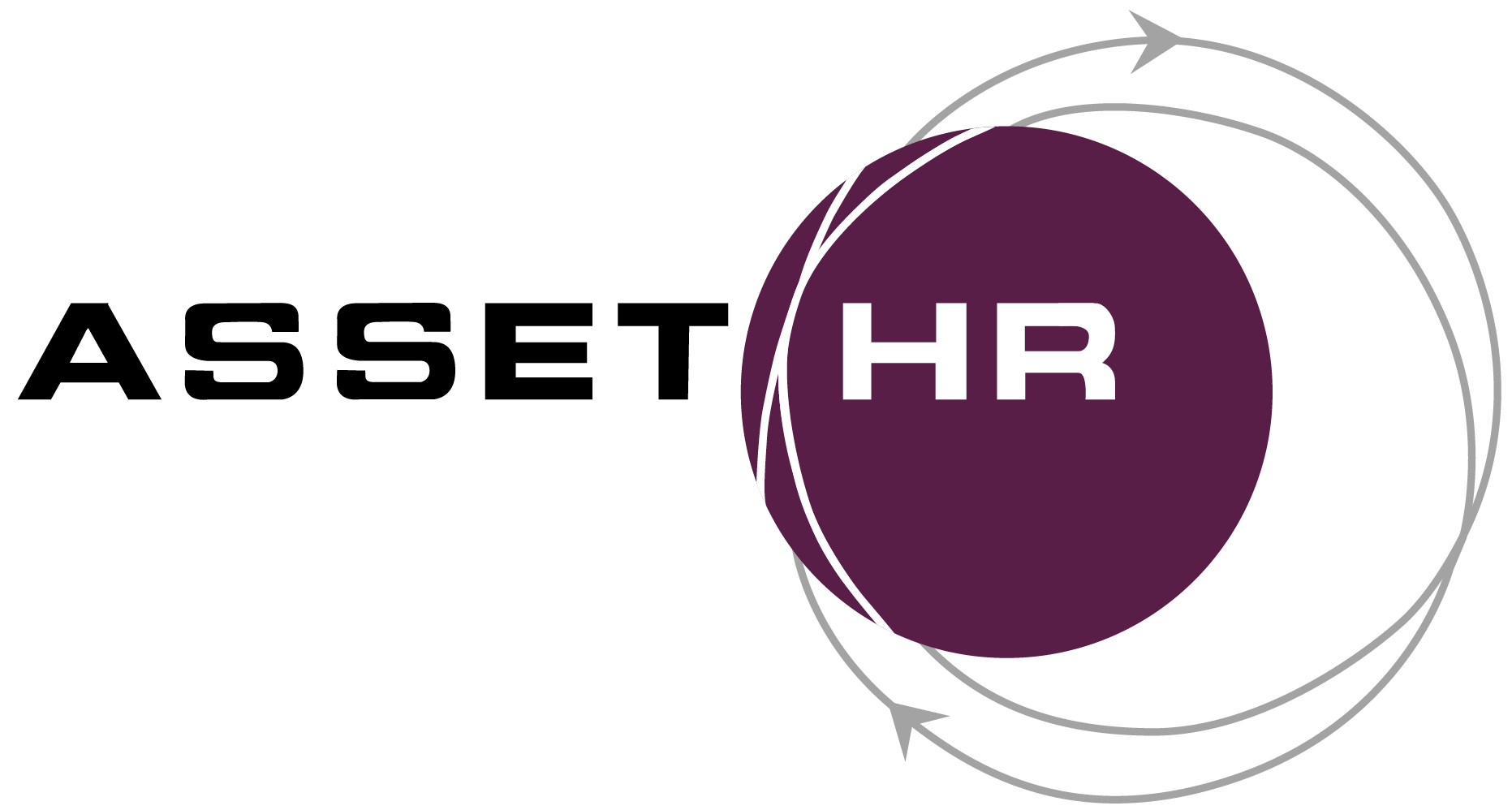Reskilling Your Workforce: What it Means for Your People and Your Bottom Line

As we enter 2022, many companies are discovering that reskilling has become a matter of survival. The recent pandemic and the shift to automated solutions have demanded a greater degree of adaptability in America’s workforce, and meeting these demands has typically taken the form of professional development.
What does reskilling mean for your company? It’s important that human resources (HR) directors understand the implications of reskilling for each worker, as well as their company’s bottom line. Here’s how reskilling might impact your business:
What Is Reskilling?
Reskilling refers to the process by which company employees learn a new set of skills in order to take on a different role within the organization. This approach is not to be confused with upskilling, which refers to upgrading an employee’s professional skills to improve their performance in their current job.
Reskilling has taken on new importance thanks to the widespread shift to digital and automated solutions, creating a greater demand for workers who possess a broader range of skills and demonstrate leadership in a digital environment.
The recent trend has been to focus on the soft skills that come with collaborative work environments, especially now that many core processes are handled by advanced software.
How to Make Professional Development Part of the Job
How are today’s companies succeeding at helping their employees adapt to changing demands? Professional development can take many forms, but many companies have sought solutions through:
- Continuing education and training
- Offering apprenticeships to provide new skills
- Focusing on skill development across all departments
Many of our clients utilize the employee learning portal attached to their isolved platform, and others partner with Relevant Movement, our sister company that helps businesses build a leadership development program that can provide training to existing employees while providing a pool of prospective future internal hires for move-up positions.
What Reskilling Means for Your Company
In most cases, the main benefit of reskilling is that you retain your quality, long-term employees. That’s a good thing for both your employees themselves, as well as your company as a whole. Here’s what you can expect for your workplace when you make professional development a regular part of your HR practices:
Reduced Hiring and Training Costs
Change is inevitable, but that doesn’t mean you’ll have to fire your long-term employees and replace them with brand-new ones. Instead, reskilling allows you to take your existing staff members and provide them a new skill set so that they can remain working in your company, simply performing a new set of tasks.
Better Morale
Employees will naturally appreciate the job security that reskilling provides.
Not only that, but having the opportunity to grow and develop while serving your company can give your existing employees a greater sense of purpose, and it may even attract new talent looking for a work environment that can help them develop a broader skill set.
Stable Company Identity
Every company has its own culture. Your long-term staff has learned to thrive within that culture.
Hiring a new set of employees requires that you train them on company policies and procedures, which can distract from the main tasks at hand. By developing your existing employees, you also ensure that your company continues to operate at peak efficiency.
Improved Company Reputation
No company wants to be known for its massive layoffs. Offering continuing education or leadership development may actually foster goodwill in the community, including among your employees’ family and friends. This reputation might help you gain more contracts or attract new talent in the future.
Greater Upward Mobility
Your workers may aspire to more than the job they received when they first started working for your company.
Reskilling allows you to provide these workers greater opportunities for promotions or other movements within the company, and by expanding their skills, your workers have a greater chance of receiving coveted promotions in the future.
Adaptability
Perhaps most importantly, companies that help their employees develop new skills will find themselves poised to meet the demands of a changing world. Granted, not every change can be anticipated, but having a plan for professional development and reskilling can ensure your workforce has a basic strategy for acquiring new skills.
Improving the World of Business
AssetHR understands the changing needs of today’s top industries. That’s why we provide extensive resources and training materials to help you get the most from your workforce. To learn more, contact our friendly, knowledgeable staff, and discover how our workplace solutions can improve the way you do business.
